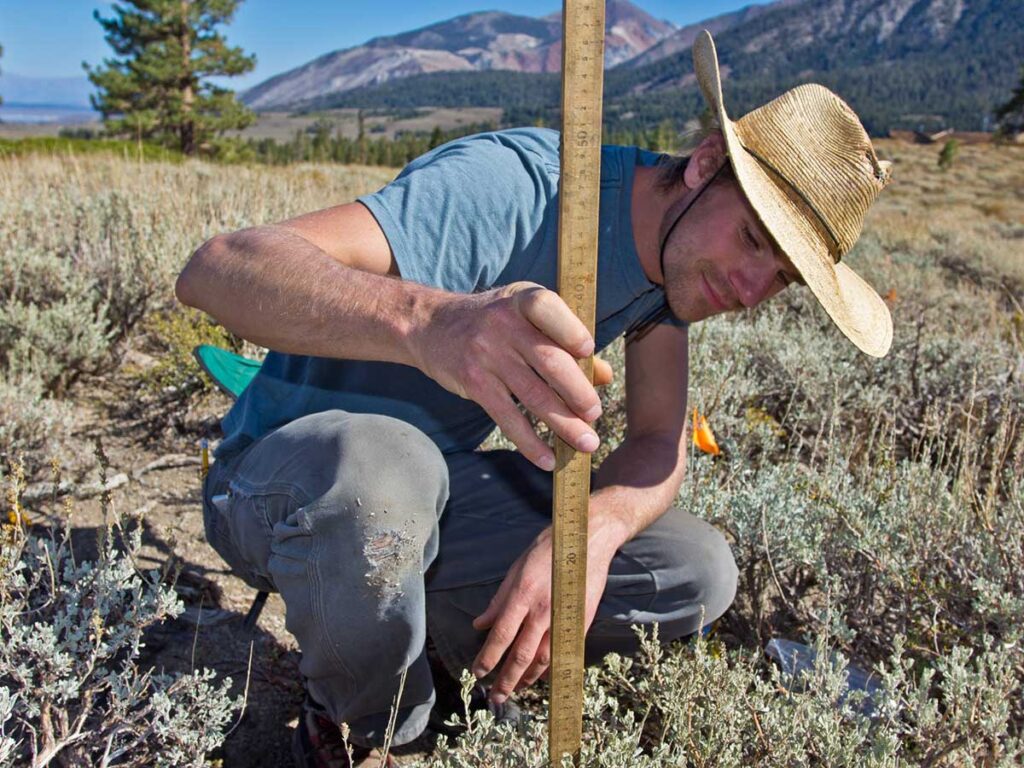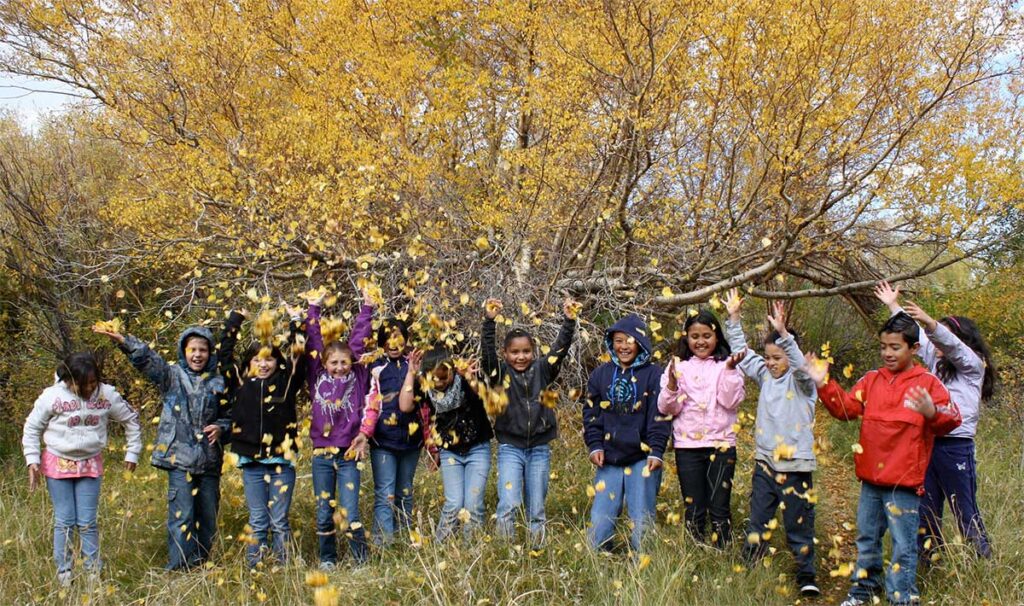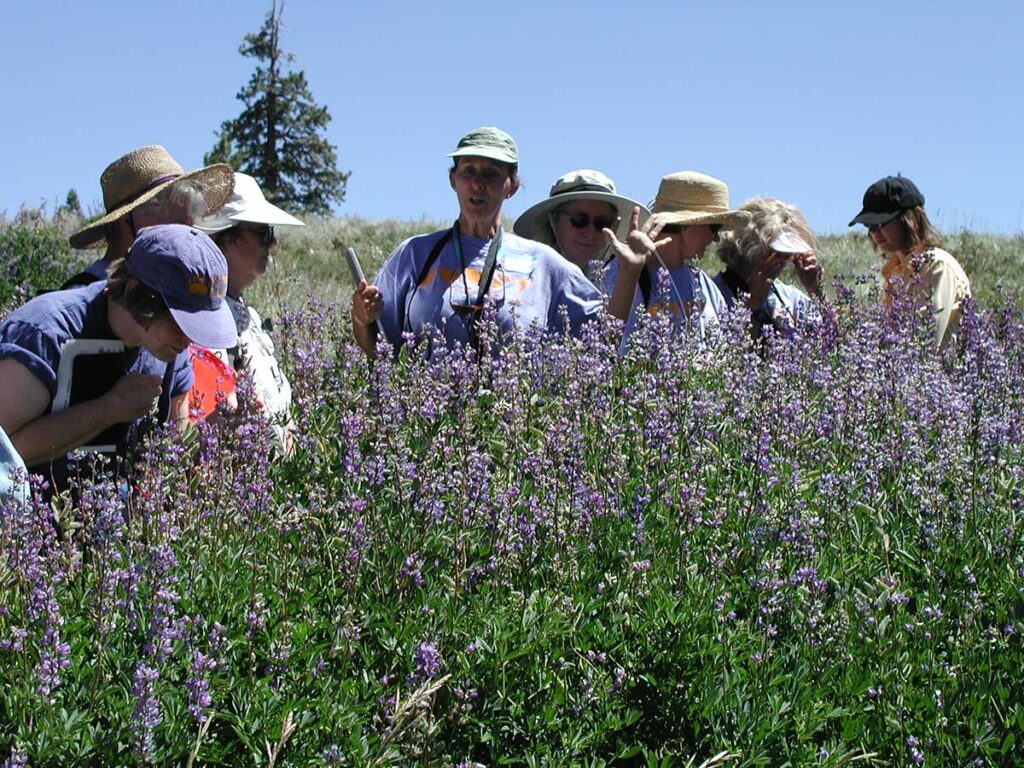Valentine Camp and the associated facilities are available to all academic, non-profit, government agencies and community groups that fall within the constraints of our mission (education, research, public service). Day visits, overnight stays, housing and camping reservations, meeting room, classroom, field and laboratory and space must be booked in advance using the UC NRS Reserve Application Management System (RAMS). Applications and reservations should be submitted at least three weeks prior to the intended visit.

Research
With a fully equipped modern laboratory and computing facilities, SNARL serves as a major center for research for the eastern Sierra Nevada and Owens Valley.

Outdoor Science Education Program (OSEP)
consists of a variety of weeklong classes offered June through August for students in grades 1-8, on topics ranging from science and art, to natural history.

Public tour
Tours of Valentine Camp are offered in the summer.
Code of Conduct
Expected Behavior
- All participants, visitors, staff, students, faculty, and vendors are to be treated with respect and consideration, valuing a diversity of views and opinions.
- Be considerate, respectful, and collaborative.
- We are living in a small community, where respect for each other and the place is required.
- Alert station or campus personnel if you notice a dangerous situation or someone in distress.
Unacceptable Behavior
- Harassment, intimidation or discrimination in any form.
- Physical or verbal abuse of any participants, visitors, staff, students, faculty, vendors, neighbors, or other field station guests.
- Verbal comments related to gender, sexual orientation, disability, physical appearance, body size, race, religion, national origin.
- Unwelcome physical contact.
- Inappropriate use of nudity and/or sexual images in field station spaces.
- Excessive consumption of alcohol or other behavior-alterning substances
- Threatening or stalking any participants, visitors, staff, students, faculty, vendors, neighbors, or other field station guests.
